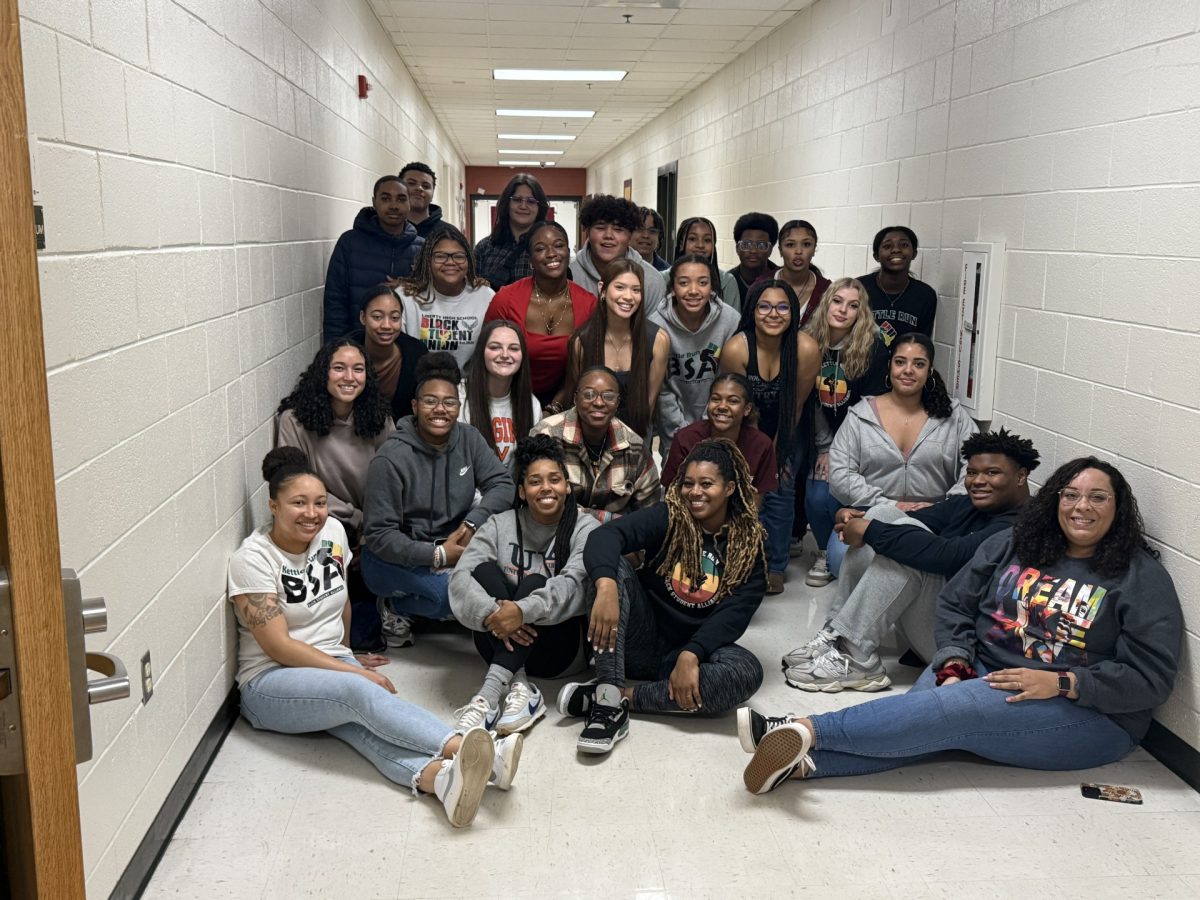County Wide Policy Favors Freshmen
Administration presents new SOL exam standards
In such a rapidly progressing technological society, educators at the Virginia Department of Education have made changes to keep up with the times.
In our little corner of the world, evolving education has taken the form of a new exam exemption policy. The former policy, dubbed by students as the “old policy”, required students to meet attendance criteria in order be exempt from taking their exams — three or less absences with a B and four or less absences with an A — but now students have an additional way to obtain an exam exemption.
It’s important to know that the new policy does not replace the “old” one, merely adds to it. Now students can obtain an exemption letter by passing an SOL, regardless of the number of absences against them. For example, if a student has five absences in World History but passes the SOL, she would be exempt from the exam. In a letter sent out by Principal Meaghan Brill on November 15, “While all required testing is important, Fauquier County Public Schools believes our students will benefit from the reduction in number of mandatory testing requirements.”
For courses with SOL requirements students have two opportunities to be exempt from final exams, but for courses without SOLs — foreign language, CTE, or physical education — students still have the opportunity to be exempt from the final exam with the “old policy”. For Economics and Personal Finance students, a class required for graduation, passing the end of course Wise Test exempts them from the final exam.
“If you can pass your SOL and know everything you need to know for the class, why should you have to take another final exam?” Brill said.
The new policy addition also requires students sit for one math SOL in high school which can present a problem when incoming freshmen have taken Algebra I or Geometry in eighth grade.
“Students have to sit for a math SOL once they get to Kettle Run so math is a little bit trickier,” Brill said.
Senior Gwyn Newcomb agrees with the administration’s logic.
“I feel that the SOL testing could work in our favor, seeing as though an SOL is a test of all knowledge in the course,” Newcomb said. “So if we pass that, what is the point of taking a whole nother test to prove you know the information again.”
“The goal is to have as many students graduating as possible,” Brill said. “This is all state wide, the end goal is to maintain on time graduation and high graduation rates.”
With the introduction of Profile of a Virginia Graduate in 2016, came new ways to assess student strengths as a means of limiting the number of standardized tests students are required to take.
“It’s giving students a more individualized path to get to graduation,” Brill said. “Internships are contributing to graduation for the freshmen.
” Though the policy benefits students by removing the number of tests they will potentially have to take, students see flaws in the exemption policies.
“If you are used to skipping days for “being” sick then you wont have excuses in college,” junior Natalie Fahey said. “In college you usually can’t be exempt from a final, so if you miss information that is on you for missing it.”
Most higher level institutions require students to take both midterms and final exams.
“Most people will definitely struggle if they have never had to take a big test that your grade is so reliant on,” Newcomb said.
This new policy has made seniors jealous of underclassmen that have more time to take advantage of the extended opportunity for exam exemptions.
“I wish the policy would have been around when I was a freshman,” senior Payton Fiel said. “It would have saved me a lot of stress about missing school.”
Juniors and seniors have excused absence days they can put toward visiting colleges. Juniors have three excused absence days their second semester and seniors have three days in the first semester and an additional three second semester, but for a lot of students, especially those applying to out of state schools, three days per semester isn’t enough. This causes students to eat into their sick days.
“I like the new policy,”Fahey said. “Especially for juniors and seniors who take days off to visit colleges after they have surpassed the amount of given days.”
For seniors, the updated policy doesn’t apply because most seniors don’t take SOLs.
“The policy is great for the underclassmen,” Fiel said. “But it doesn’t really do anything to relieve the seniors’ stress or the four years we spent stressing about missing school.”
The Every Student Succeeds Act replaced the No Child Left Behind that most juniors and seniors came up through the school system under.
“ESSA takes a look at what a student needs and readiness,” Brill said. “You’re seeing these things align a little bit now.” As the first semester draws to a close, some students say they feel less stress knowing they don’t have to take a final exam. For information on the exam exemption policy, view the letter sent home by administration on Nov. 15.






















